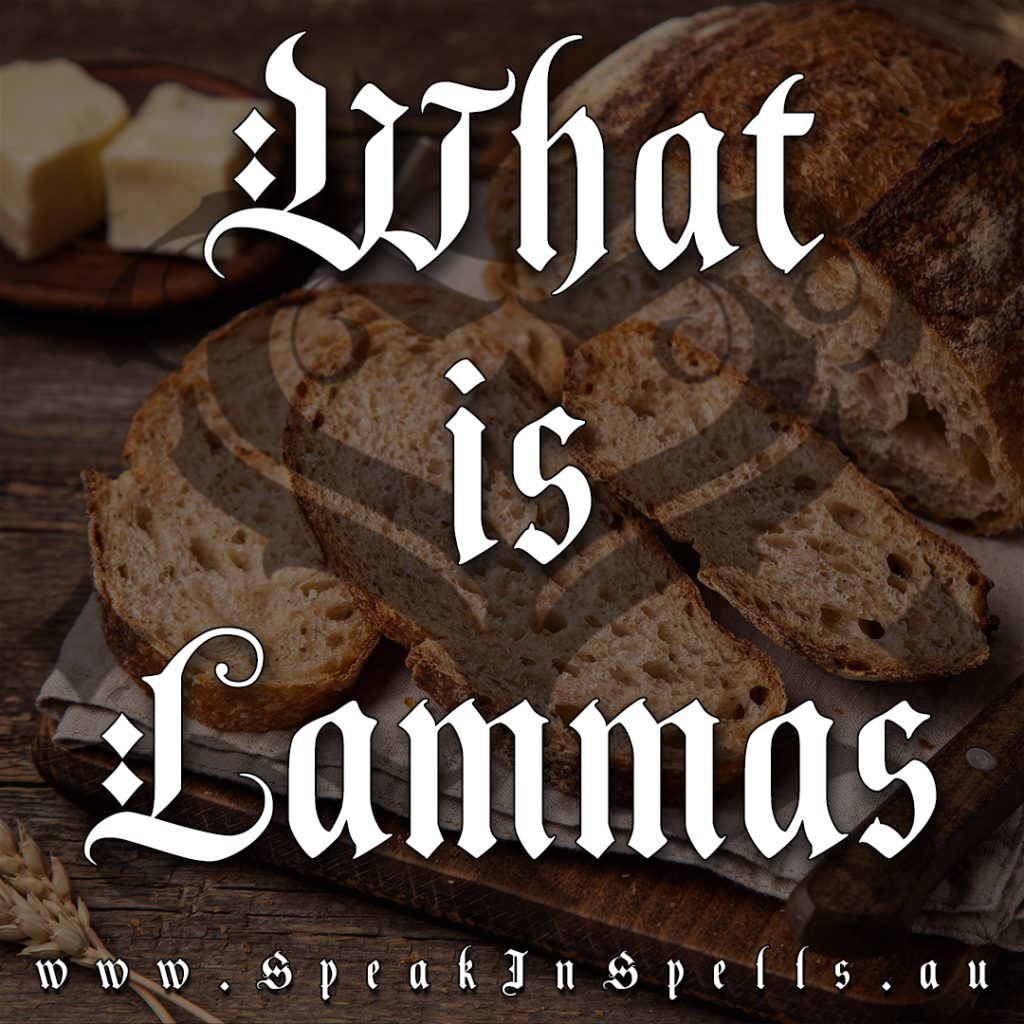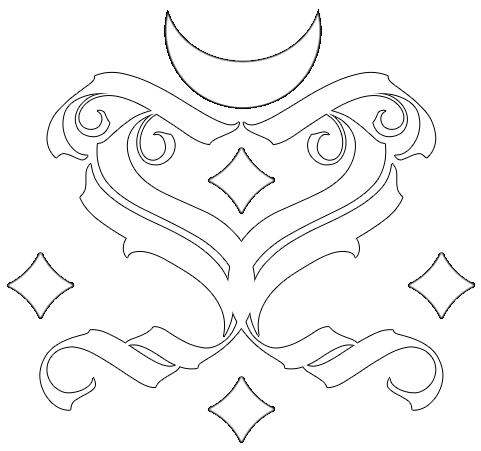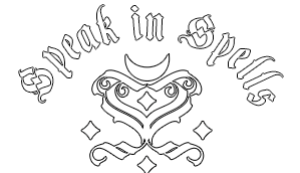I know I say this every blog but seriously, you’re in for a long ride into what Lammas is. Having access to historical texts and teachings has greatly deepened my appreciation for ceremonies, religions and history. But anyway!
Somewhere along the line, the history of Lammas became the history of Lughnasadh. Historical texts -thrown out the window. At some point, Christian Anglo-Saxons became Irish, and so did the Scottish. And somehow one cultures festival of importance became the a harvest festival of the world?
Foreword; this is probably not the article you’re looking for if you’re wanting magic. It’s more of an “origin” story and some text to help you understand why there are two names (or more) for this day.

Where Did Lammas Come From?
The name Lammas comes from Old English, hlaf ‘loaf’ and mæsse, ‘mass’. The word mæsse is an Old English borrowed word from Latin and is only used to refer to Christian or Jewish festivals. This is why you will see some other festivals as like ‘Hallowmas’ and ‘Candlemas’, reaffirming Christian roots. Just think, festival that has ‘mas’ in it is of Christian origin.
As for worldly origins, this festival is first seen in Anglo-Saxon England, not Ireland where Lughnasadh originates. To the point where in some English towns, you’ll still find some fields and meadows called “Lammas land”. These were areas of common land where people could pasture their animals for a time, from Lammas till spring.
So What is Lammas?
In short, Lammas is another harvest festival. More specifically, it’s the beginning of the harvest and the blessing of bread. Why the blessing of bread? Well, a lot of texts before the late 9th century show this day as ‘hlafsenunga’, the blessing of bread. This time, the word senung, related to segnian, ‘to make the sign of the cross’, is another borrowing word from Latin. This keeps the idea that Lammas is very much a Christian festival. I’m starting to get hot-cross buns vibes!
As a side note, for a long time before the 9th century, Lammas is believed to be another name for August 1st before becoming the well love named for the festival. This is and always has been an important time of the year. Festivals, fairs and local feasts happened, and still do! The 1st of August was also one of the popular dates to pay off debts, make contracts and hire labourers. Due to being associated with such payments/debts, ‘latter Lammas’ became a term and humorous phrase for ‘a day which is indefinitely delayed’.
When is Lammas?
This day is traditionally held on the 1st of August in the Northern Hemisphere and is celebrated down here in the Southern Hemisphere by the church at the same time.
If you are looking for the pre-Christian holiday, Lughnasadh (LOO-nuss-uh) would be your day of celebration. Even then, most of the rituals and understanding of how this festival went was never recorded. Most of the Irish, and those considered Celtic, did everything by word of mouth.
The Lammas Spell
You may have also seen a blessing of bread spell for protection. This “spell” is again, a Christian blessing for protection of ones crops stored in a barn. It’s probably the only thing I will ever write about in a way that says “yes, you are wrong.”. The “spell” has explicitly Christian symbols and practices – the cross, the Pater Noster, and the consecrated bread. Through out the entire text, it cannot possibly mistaken for pagan or anything remotely pre-Christian. Yet, somehow writers and the internet has decided to take this Christian ritual and claim it as an “ancient witchcraft spell”.
In case you don’t know what I am referring to, the ritual is to take your blessed Lammas loaf, break it into four pieces and then crumble those pieces at the four corners of the barn while reciting a pray. This ritual has always been Christian. The manuscript from which this ritual comes from- British Library, Cotton Vitellius E xviii, is a psalter, written in a monastery at Winchester in the middle decades of the 11th century.
Why is Lammas Lughnasadh Then?
Media, Wicca, neopaganism, 20th century anything has a huge part to play in this. Since every culture has a harvest festival, everyone wanted to lump it all together and claim it to be “pagan”, which I find it to be hypocritical. Some like to go with “evil church conspiracies”, some don’t know any better as its written in a book but really it’s just comes down to skipping massive parts of history or ignoring things that don’t fit with the picture someone’s trying to paint. This is why I get a little annoyed when it comes to seasonal festivals, paganism, witchcraft and the lot. When someone uses Lammas and Lughnasadh interchangeably, as if they’re the same thing, it’s a massive oversimplification and is culturally tone deaf.
Even if both festivals are about the start of a harvest, again, both the Irish and the English festivals are different, with different meanings, duration of celebration, cultural context and history.
Do I Celebrate Lammas?
I personally don’t celebrate “Lammas”. And really, there is no definitive proof that Lammas and Lughnasadh are not the same thing. However, heavy evidence in historical texts show Lammas to be a Christian Anglo-Saxon event, not an Irish Pre-Christian one.
Hopefully you can see how many others relate the two festivals and use the names interchangeably. The only differences I have found between the two is how they were celebrated (what is recorded anyway), the start date, the duration of the festival and what god was worshipped.
When it comes to festivals of old, there is no black and white answer as we just do not have the proof! However, what is recorded, is recorded and it shouldn’t be twisted to fit someone’s fantasy world. We can only do our best with the knowledge we are given.
Ultimately, Lammas is a harvest festival and is celebrated as such. Blessings go out, people come together and a feast of seasonal food is what we all enjoy. We honour all what we need, the fruits of our Mother Earth and our daily bread with a heaping pile of butter!
Speak in Spells again soon!

